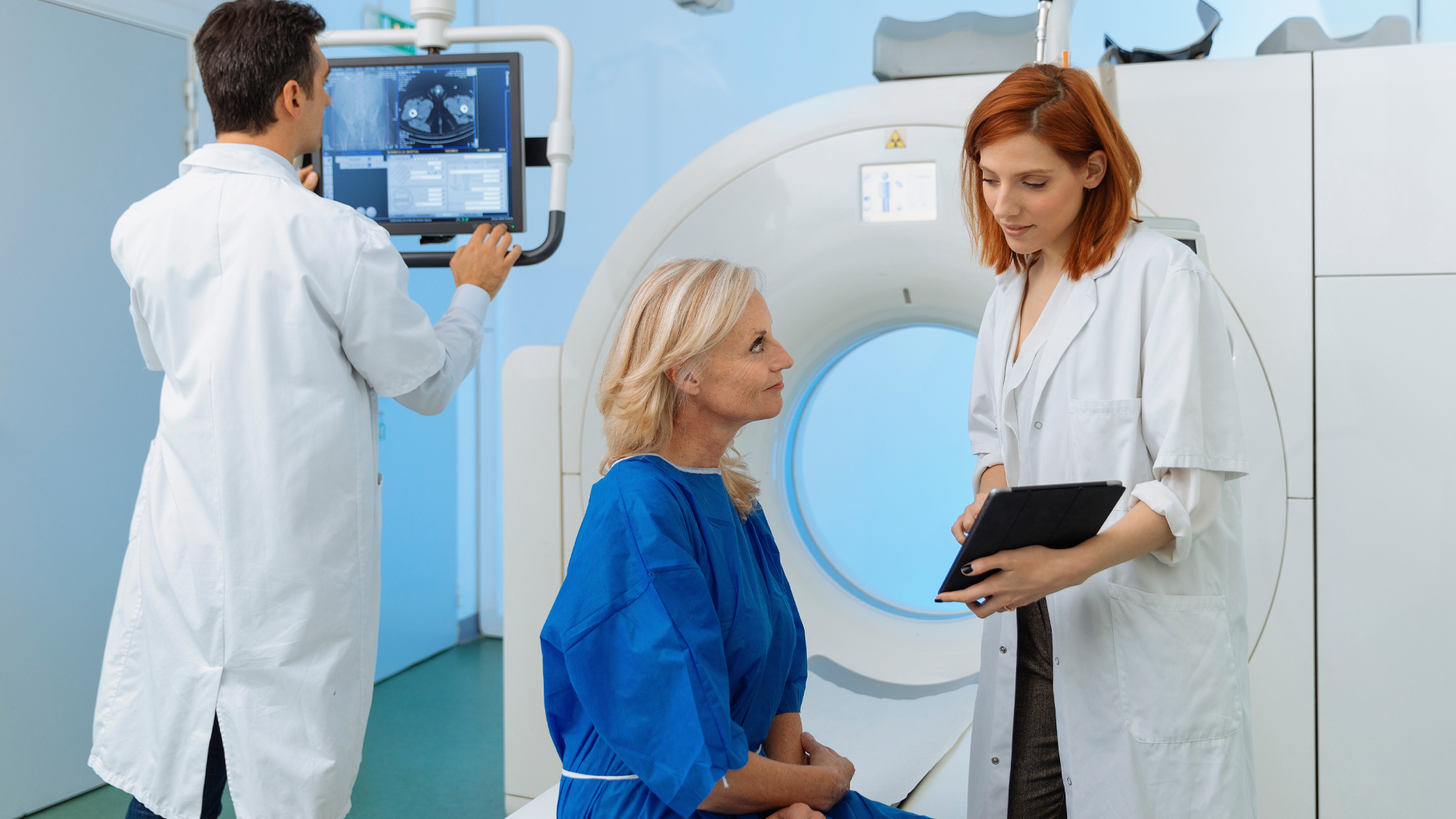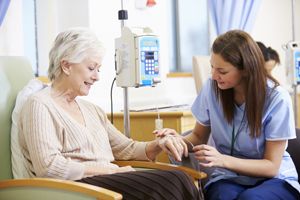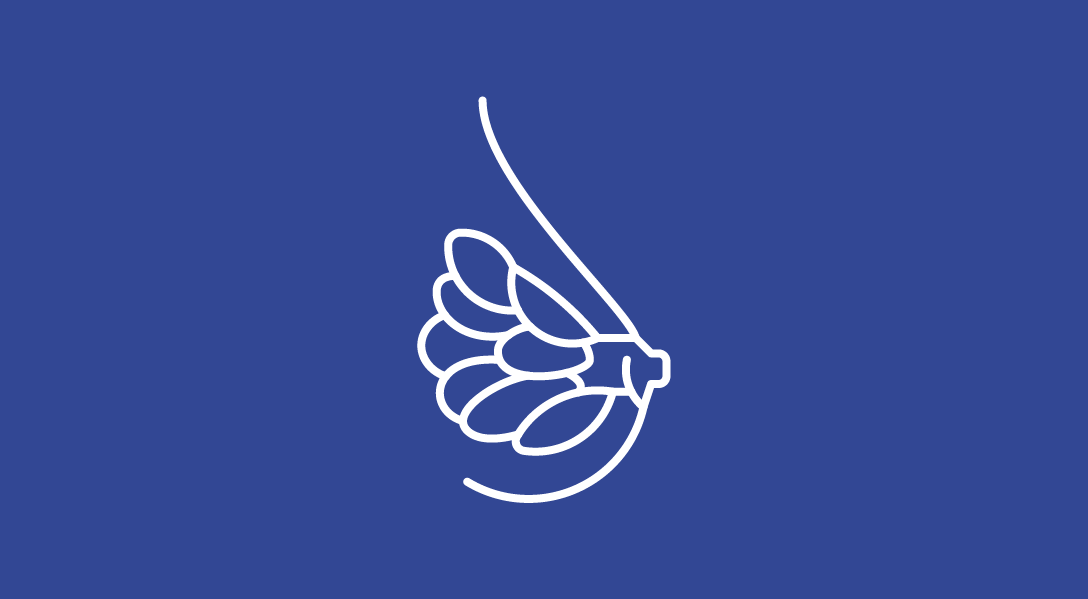Charina Toste Discusses the Educational Obstacles Patients With MPNs Face
According to Charina Toste, DNP, APRN-C, AOCNP, MSN, BSN, RN, patients with newly diagnosed myeloproliferative neoplasms may be unaware of the questions they should be asking their providers.
As with any disease type, it is crucial that patients with myeloproliferative neoplasms (MPNs) are able to engage in educated and productive conversations with their care team. Yet, according to Charina Toste, DNP, APRN-C, AOCNP, MSN, BSN, RN, sometimes patients do not know where to begin or which questions they should ask.
“[Patients] don’t always know what treatments [are] out there. What are the clinical trials that are out there? [There’s also] symptom management [questions], how is [their] life going to change? How is this going to affect [them]? How is this going to affect [their] family?” said Toste, who is a nurse practitioner specializing in oncology and hematology at OptumCare Cancer Care and a professor at Chamberlain College of Nursing, both located in Las Vegas, Nevada.
“These are questions patients don’t even know to ask. And they trust their health care provider to have the 3 or 4 hours it takes to educate them at an appointment that usually is only 15 to 30 minutes.”
Further, when it comes to the vast category of MPNs—which includes a range of diseases including myelofibrosis, essential thrombocythemia, and polycythemia vera—patients oftentimes do not know what they do not know.
“There are so many variables in cancer from not only the diagnoses, but how do we treat it and what is the prognosis. That’s always evolving. It’s hard for providers to keep up with that, let alone patients,” she said.
In an interview with Oncology Nursing News, Toste addressed some of the hurdles patients may face when educating themselves about MPNs. She noted, for example, that many patients are in their 60s or 70s and do not always have the best support systems. Therefore, these patients do not always know how to use Google to conduct research. This makes it difficult for them to learn more about clinical trials and clinical trial availability.
Further, patients who lack social support sometimes struggle with simple aspects of treatment, including transportation to and from their appointment. According to Toste, this can all have a significant effect on the patient.
“Those can be obstacles going forward for these patients in obtaining information,” Toste said.
Do you know an oncology nurse who goes above and beyond to identify and manage symptoms of patients with MPNs? Submit your nomination for the 2024 Extraordinary Healer® Award for Oncology Nursing.




